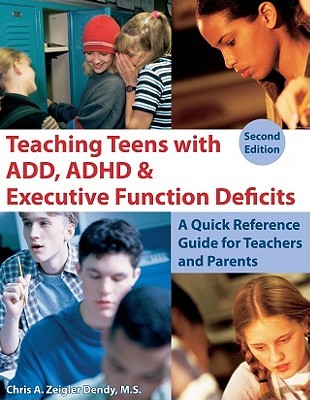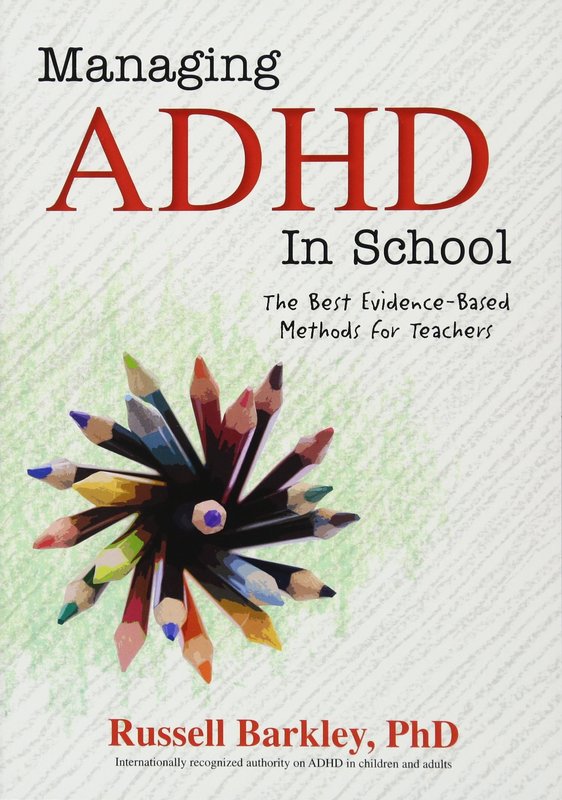AuthorDr. Carrie McMillin is a naturopathic physician that specializes in treating adults and children with ADHD and anxiety. Archives
February 2023
Categories
All
|
Back to Blog
I'm sure you've heard that meditation can improve your focus. But have you ever really thought about using meditation or breathing exercises as a way to improve your ADHD symptoms? Perhaps it's time that you do.
Meditation is so incredibly impactful, that I can't even being to cover all of the ways that it affects our bodies and brains, especially not in only one post. Instead, let's take a look at the science that makes a compelling connection between breathing and ADHD physiology. To begin, you should know that there is an area of the brain, called the locus coeruleus, which plays a vital role in both respiratory function and attention. A recent study hypothesized that this brain center is actually responsible for a synchronization between breathing and attentional focus. This study demonstrated that changes in breathing directly affected levels of noradrenaline (norepinephrine) in the brain. Norepinephrine is a neurotransmitter (chemical messenger of the nervous system) which plays a crucial role in ADHD, more specifically, those who have ADHD have been found to be norepinephrine deficient. In fact, norepinephrine has such an impact in ADHD that some medications such as methylphenidate and atomoxetine work by affecting norepinephrine levels. (For more information about the neurotransmitters involved in ADHD, check out this article by Additude.) In less scientific terms, yes, meditation truly can help with ADHD and just staying focused in general. So, if you need a productivity boost, or find yourself having trouble staying focused, it may be best to start with a few minutes of mindful breathing, or meditation. I often have my patients start with a regular mindfulness meditation. Don't know how to meditate? Don't worry, there are currently some fantastic apps and resources that make learning how easy. Personally, my favorite app is Headspace, which has several guided meditations specifically for anxiety, focus, kids, etc. Many options are free to try once you create an account, however you do need a subscription to access all files. There are still many other free options that don't require subscription. For example, the UCLA Mindfulness Awareness Research Center (MARC) has some fantastic audio files that are free to listen to! I hope you try out meditation for yourself, because you might be pleasantly surprised. Mindfulness apps: This is just the tip of the iceberg when it comes to the benefits of meditation and breathing exercises for improving focus, sleep, and reducing anxiety. I will go a bit more in depth on some of these other aspects in future blog posts!
Back to Blog
I often speak to teachers and school administrators about how to better understand kids with ADHD and how to help them succeed, and the question "Where can we find more resources and techniques" almost always comes up. Teaching Teens with ADD, ADHD, & Executive Function Deficits by Chris Zeigler Dendy, MS is definitely on my short list of recommended reading. This book goes a bit further in depth than other teaching books I have reviewed about how executive function deficits affect learning, citing specific challenges associated with each execution function. It also makes a more distinct connection between ADHD and executive functions.
I like that this book is geared toward teens in particular, and also talks about ADHD while still detailing specific executive functions. The areas where we see the greatest struggles in overcoming executive function deficits is often very different between elementary students and teens, therefore it is helpful to have a resource for teen-specific tools. I also really like that there is a section on legal rights for students and how these apply to ADHD, including IDEA. Some general strategies for working with teens are given, such as using time limits for working memory deficits. But the greater value of the book comes in the specific inventions that are given, most of which I have listed below. There is a fairly thorough section on time management struggles as well--more than what I've found in most books. Areas covered: - Modifications for assignments and testing - Tips for working with disorders of written expression and math difficulties - How to set up various tools such as graphic organizers, weekly reports, etc. - Plentiful lists of resources (online, local, books, etc.) - Thorough explanations of 504 and IEP plans - Support for managing challenging behaviors in the classroom, broken down by specific behavior issues - Section on conflict resolution, peer mediation, violence prevention, and anger management If you are just beginning to explore ways to help your child or student in school, or just learning about 504s/IEPs for the first time, this book is going to be very overwhelming. But it is ideal for the teachers who have a basic understanding of working with kids with ADHD, and need more specific tools and ideas for the classroom. It is also fantastic for parents who have to offer a lot of at-home school support, or are having difficulty finding 504 accommodations or an IEP plan that works. Book info: Teaching Teens with ADD, ADHD & Executive Function Deficits: A Quick Reference Guide for Teachers and Parents (2nd ed.) by Chris A. Zeigler Dendy, M.S. Woodbine House; Bethesda, MD; 2011.
Back to Blog
If you haven't yet heard of Dr. Russell Barkley, he is considered one of the foremost authorities on ADHD today. He has written many excellent books, gives informative talks (some available to view online), and does a pretty amazing job helping people to understand ADHD. His newest book, Managing ADHD in School: The Best Evidence-Based Methods for Teachers (PESI, Inc.; 2016), is very brief (less than 100 pages) but with the advantage of giving very succinct information. It offers a good starting point for understanding the connection between ADHD and executive functions, as well as how executive function deficits present in the classroom setting. There are some good general guidelines for working with students which will be helpful for both teachers and parents, such as remembering to "externalize information". Executive function deficits often make it difficult to rely on internal reminders to do various tasks (ex. take your vitamin), it is usually helpful to have visual cues and reminders to trigger this behavior (ex. write a note on the mirror, set vitamin bottle near coffee pot, etc.) Additionally there are specific tools given, such as a detailed sample of a Daily Behavior Report Card that can be copied. Dr. Barkley includes a small chapter on additional techniques for managing teens, as well as a section that explains ADHD medications.
If you are a parent of a newly diagnosed child who is beginning the 504 process, this is a great book to start with. It is also a good introduction to how to successfully work with kids with ADHD from a teacher's perspective. On the other hand, if you are already familiar with the basics of working with students with ADHD, this book doesn't offer much for you. Instead I would look into How to Reach and Teach Children and Teens with ADD/ADHD by Sandra F. Rief or Promoting Executive Function in the Classroom by Lynn Meltzer. |
 RSS Feed
RSS Feed


